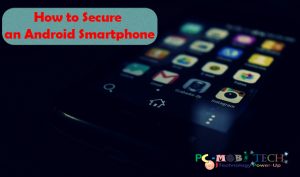With so many messaging apps available in 2025, choosing the right one can feel like a digital minefield. While WhatsApp and Telegram dominate the market, one app quietly stands out as the top choice for privacy-conscious users: Signal. Despite being feature-rich, secure, and easy to use, Signal remains underutilized. So why should you switch to Signal today? Let me break it down for you.
Quick Links
Reason 1: Superior Security and Privacy
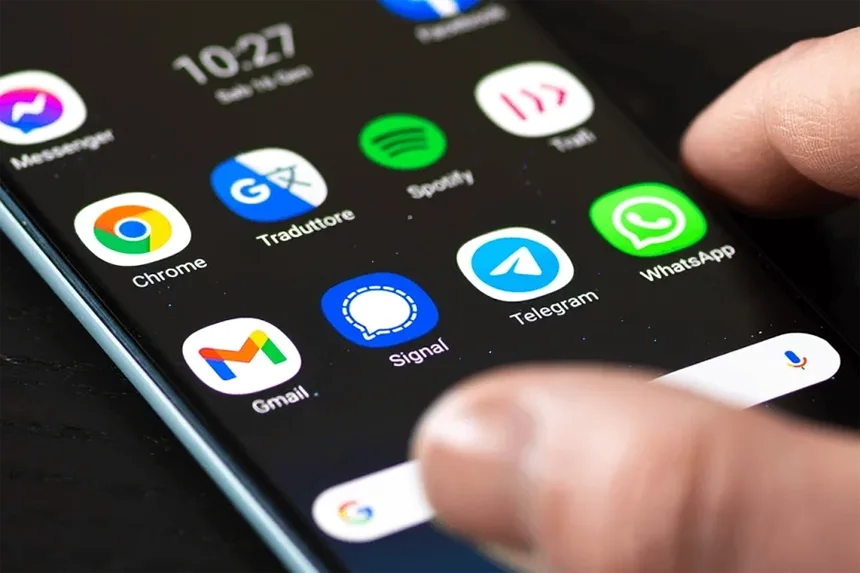
Image Credit: Shutterstock.com
When it comes to safeguarding your conversations, Signal is unmatched. Here’s why its security and privacy features set it apart.
End-to-End Encryption
Signal provides end-to-end encryption (E2EE) for all messages and calls by default. This ensures that only the sender and recipient can read the messages, with no third parties—including Signal itself—having access.
No Data Collection
Unlike WhatsApp (owned by Meta), Signal doesn’t collect user data. Signal’s commitment to privacy is clear: the app doesn’t store your messages, track your activity, or analyze your metadata.
Self-Destruct Messages
Signal’s disappearing messages are simple to use and offer advanced options. You can set messages to vanish after a few seconds or weeks, giving you full control of your digital footprint.
Call-Relay Feature
Signal takes privacy up a notch by relaying calls through its servers, masking your IP address. This feature ensures anonymity while maintaining call quality.
Username Option
Signal introduces usernames, allowing users to connect without sharing phone numbers. You can choose whether others can find you via your number or only through your username, giving you greater control over your identity.
Reason 2: Comprehensive Feature Set
Signal proves that secure messaging doesn’t have to mean sacrificing features.
Messaging and Calling Features
Signal matches its competitors in providing:
- Text messaging.
- Voice and video calls.
- Stickers.
- Stories (with an opt-out feature).
Even better, Signal encrypts all these features for added security.
Customization Options
From chat wallpapers to themes, Signal offers plenty of customization options. You can personalize your chats while staying secure.
Group Features and Control
Signal’s group capabilities rival WhatsApp’s and Telegram’s:
- Groups can include up to 1,000 members.
- Admins can approve new members.
- Groups are private—Signal has no records of your group memberships or details.
Additionally, Signal supports group video calls with up to 50 participants. You can even share video call links, making it a great tool for personal or professional use.
Reason 3: Exceptional File-Sharing Capabilities
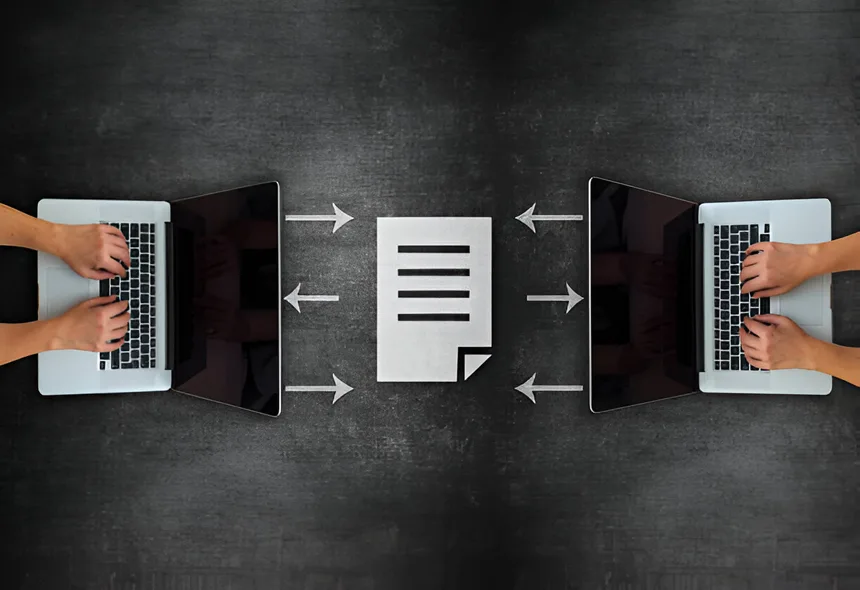
Image Credit: iStock.com
File-sharing often feels like a hassle on most messaging apps. Not with Signal.
File Type Flexibility
Signal allows sharing various file types—not just photos and videos but also PDFs, documents, and more. You’re not limited by the app’s ecosystem, unlike some competitors.
Uncompressed Files
Signal ensures your files retain their original quality. Whether it’s a high-resolution photo or a large document, you can trust Signal to deliver without compression.
Device-Specific Limits
Here’s a breakdown of Signal’s file-sharing limits:
| File Type | iOS Limit | Android Limit | Desktop Limit |
|---|---|---|---|
| Images | 8 MB | 100 MB | 6 MB |
| Videos | 95 MB | 500 MB | 100 MB |
| GIFs | 25 MB | 25 MB | 25 MB |
| General Files | 95 MB | 100 MB | 100 MB |
Signal is perfect for sharing uncompressed files, and its limits are more than enough for most users.
Reason 4: Seamless Internet-Based Messaging
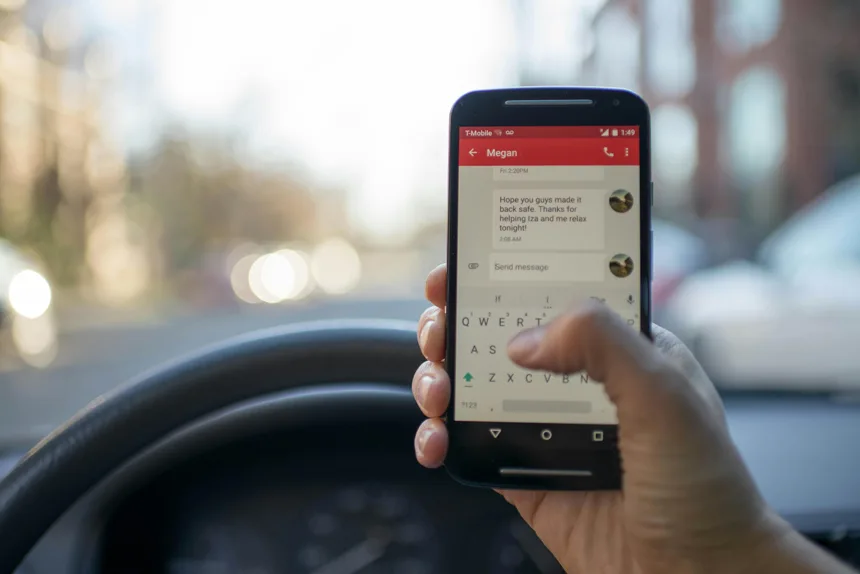
Image Credit: Pexels.com
In 2025, traditional SMS is outdated. Signal’s internet-based messaging fixes the gaps in iPhone-to-Android communication.
Overcoming SMS Limitations
Signal eliminates SMS challenges like poor quality, message delays, and compatibility issues. With Signal, you can message seamlessly, regardless of your contacts’ devices.
The iPhone-Android Messaging Gap
Even though Apple supports RCS, messaging between iPhone and Android remains clunky. Signal bridges this gap with effortless, secure internet-based messaging.
Reason 5: Outshining the Competition
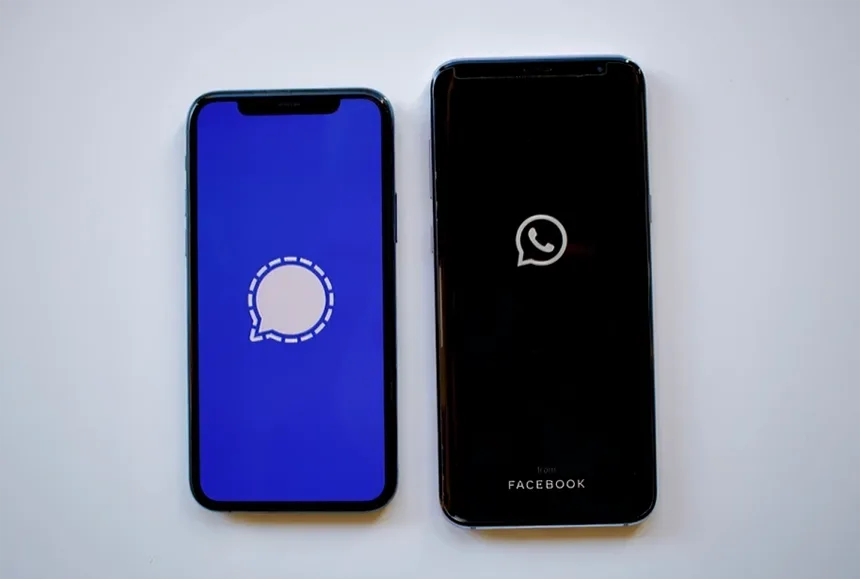
Image Credit: Shutterstock.com
When compared to WhatsApp and Telegram, Signal emerges as the clear winner.
Why Signal Beats WhatsApp
WhatsApp is owned by Meta—a company reliant on ads and data collection. Signal, in contrast, is non-profit and relies on donations, ensuring no incentive to exploit user data.
Telegram’s Pitfalls
Telegram’s features are appealing, but its default lack of E2EE raises concerns. Moreover, the app has become a hotspot for scams and illegal activities, making it less trustworthy.
Signal offers the perfect balance: robust features, uncompromising security, and an ethical approach to user privacy.
Also read: 10 Telegram Tips and Tricks: Maximize Your User Experience
Conclusion
Signal combines privacy, security, and functionality into one powerful app. From end-to-end encryption and disappearing messages to customizable chats and robust group features, Signal does it all without compromising your data. While the limited user base may deter some, adopting Signal is a step towards a safer digital life. Let’s make secure messaging the norm, not the exception.
FAQs
1. Is Signal better than WhatsApp?
Yes, Signal offers better privacy and security features, including no data collection and default end-to-end encryption.
2. Can I use Signal on multiple devices?
Yes, Signal allows you to log into up to five devices at once, with all data stored locally for added security.
3. Does Signal cost money?
Signal is free to use, relying on donations to sustain its operations.
4. Is Signal truly secure?
Absolutely. Signal encrypts all communications and does not store any user data, making it one of the most secure apps available.
5. Can I use Signal for professional purposes?
Yes, Signal’s group video calling, file-sharing, and customization options make it a great tool for personal and professional communication.
When you purchase through links on our site, we may earn an affiliate commission. Read our Affiliate Policy.



